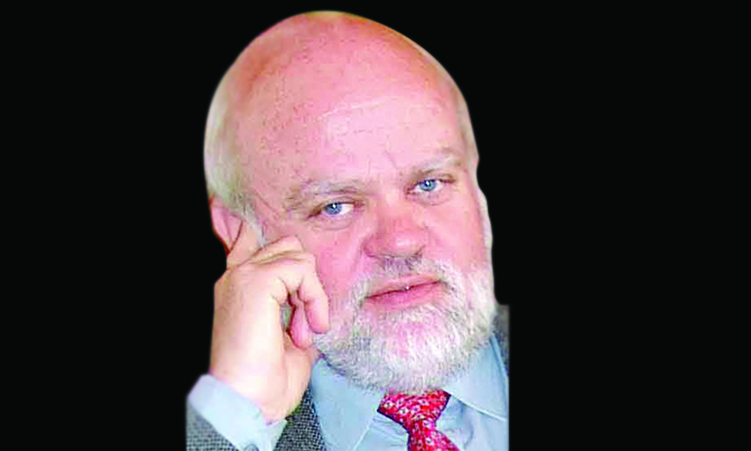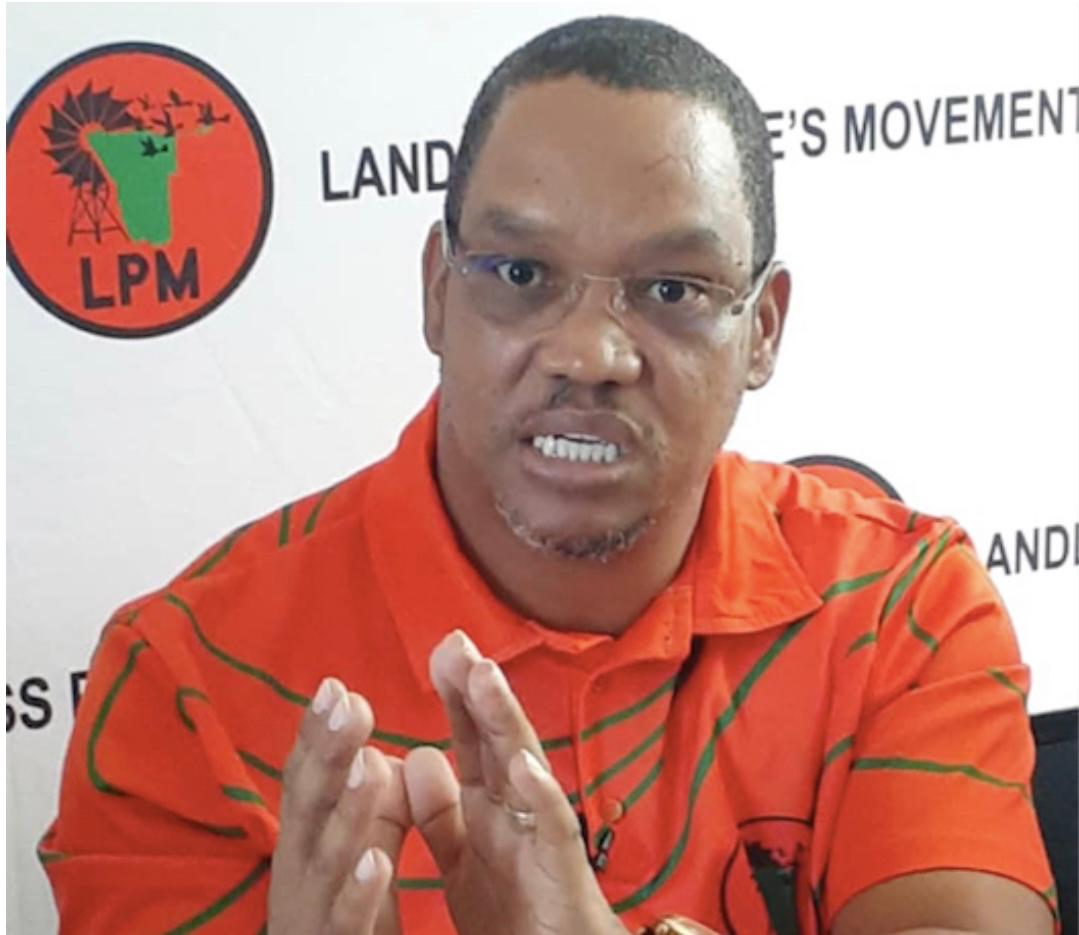Teamwork contributes to a football team scoring a winning goal on the sports field.
Although it is the player kicking the ball between the goal posts who enjoys a moment of glory on the field, it is the entire team, including its reserve players, who will step forward to collect the trophy at the end of the match.
Winning the game takes all 11 players on the field – a goalkeeper and the 10 outfielders.
Then the entire team comprising players, reserves, a coach, medic, and others with supporting roles, are celebrated as the winners.
Becoming a winning nation, a country that consistently and per- sistently excels economically with high growth and low joblessness, is no different.
Like the goal scorer, the nation’s leader is accorded a moment of glory. But success comes from a collaborative effort, for all must contribute if the country is to achieve its economic growth objective.
In addition to the government, labour, and business, the role players are civil society, academia, faith-based organisations, and non-governmental organisations, among others.
Given the size of the economy over the years, many have expressed concern over the plethora of representative bodies in Namibia’s private sector.
It is right, one cannot but help
wonder if there is really a need for so many separate business associations, with costly offices, staffing structures, travel and other operating costs, and overlapping mandates.
Surely one strong, organised, united, and well-resourced business sector representative body will make a more impactful contribution as an economic role player?
Of late even more bodies have sprung up, like Namibia’s unique, gigantic wild and edible omajova mushrooms do across the country at the start of a rainy season.
Such newcomer business associations claim to represent local, sectorial, racial, gender and demo- graphic interests.
The divisive and fractious developments must concern us all, for there is the possibility that they merely serve self-interests and not Namibia’s private sector.
Over the years, many have voiced concern and as reported in the me- dia this week, the finance minister, Iipumbu Shiimi, is the latest to do so.
Shiimi is right in feeling that Namibia has little to gain from a disunited private sector.
Another worrisome development that made front page news last week is alleged fraud at the association representing manufacturing in Na- mibia. With facts yet to be made public, putting risk management measures in place is costly for small under-resourced entities.
Concerns about inadequate and ineffective business representation, cosying up to the government and a bias towards the interests of certain sectors or business entities, could be right, but are best addressed by remedial action.
Not by starting another association.
To make the country’s national private sector representative body inclusive and to one’s liking, it is best to get involved and become part of that change you wish to see.
The government and other partners charged with positioning Namibia to become a successful economy will shun working with a divided private sector.
The result will be dire for Namibia’s economy with the possibility of own goals or no goals, and relegation.
* Danny Meyer is reachable at danny@smecompete.com
Stay informed with The Namibian – your source for credible journalism. Get in-depth reporting and opinions for
only N$85 a month. Invest in journalism, invest in democracy –
Subscribe Now!






